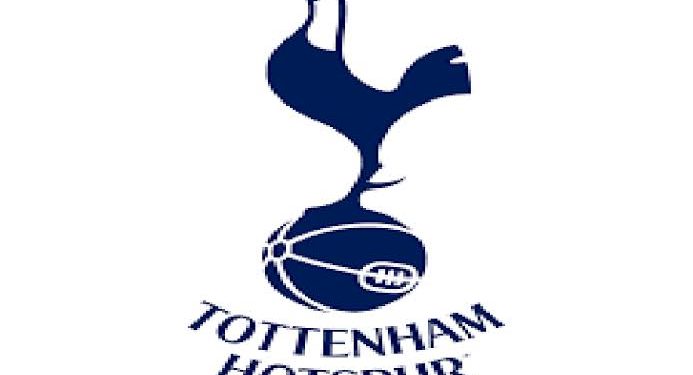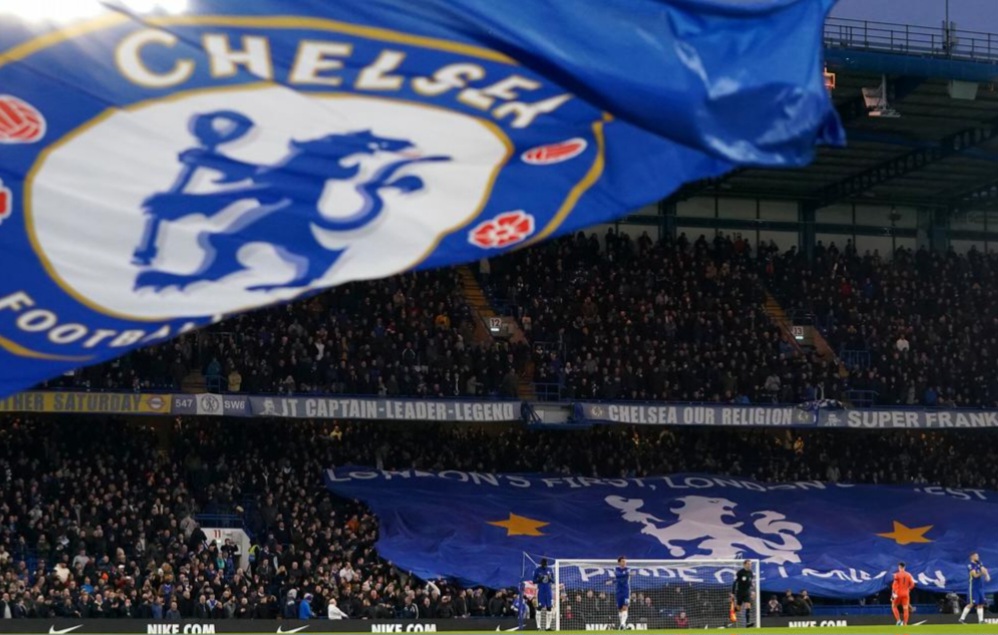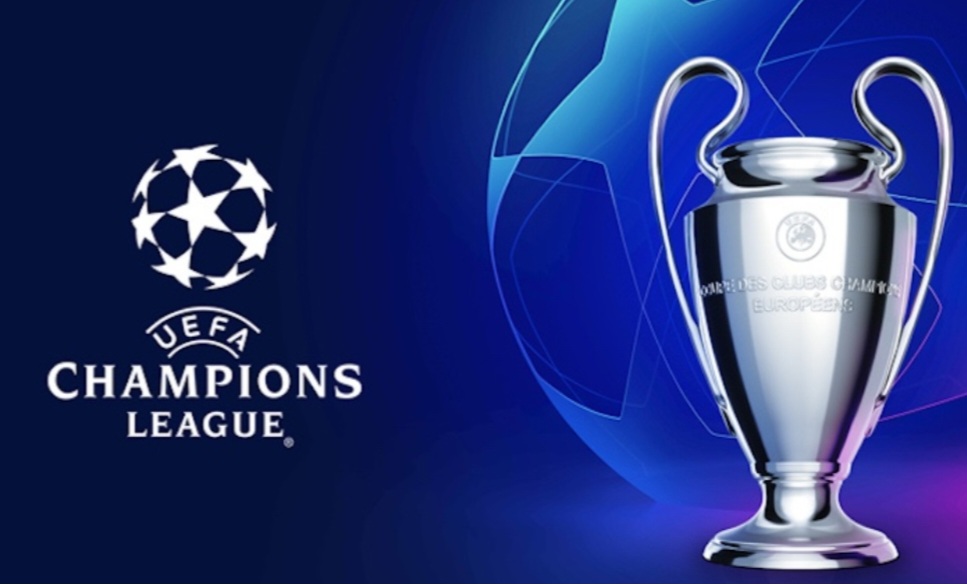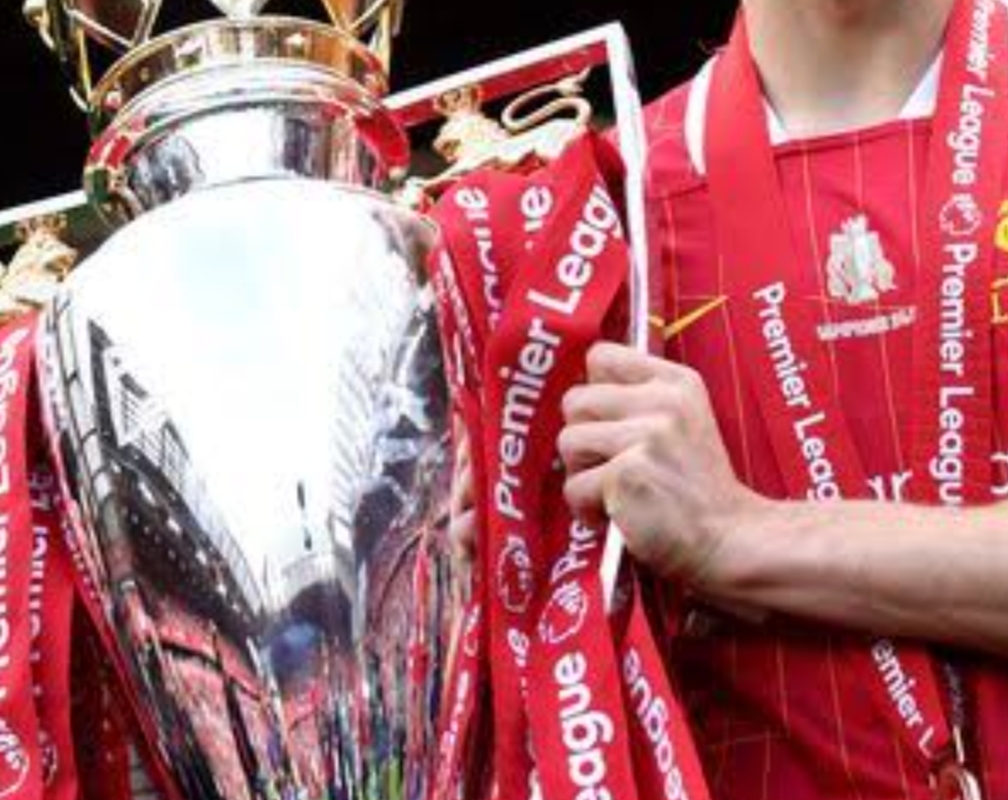English premier League football club, Tottenham hotspur has lost its fitness coach, Gian Piero Ventrone
He died of Leukaemia at the age of 61 on Thursday
Antonio Conte’s fitness guru, who first earned the nicknamed ‘The Marine’ in Italy due to his tough training regimes, joined Tottenham as the manager’s right-hand man in 2021.
After being taken ill, Ventrone was taken to the Fatebenefratelli hospital in Naples before suddenly passing away on Thursday, October 5. His funeral will be on Sunday at 3pm.
The club released the following statement on Thursday: ‘We are devastated to announce that fitness coach Gian Piero Ventrone has passed away.
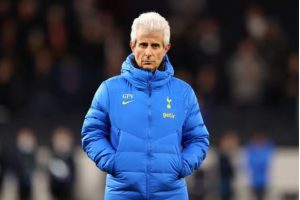
‘The 61-year-old joined the Club in November, 2021, as part of Antonio Conte’s backroom staff, having previously held roles at Juventus, Catania, JS Suning, GZ Evergrande and AC Ajaccio.
‘As loveable off the pitch as he was demanding on it, Gian Piero quickly became a hugely popular figure with players and staff.
‘He will be greatly missed by everyone at the Club and our thoughts are with his family and friends at this impossibly sad time.’
Juventus, where Ventrone spent 10 glorious years between 1994 and 2004, also mourned the loss of their former coach.
The Italian club said in their tribute: ‘One of the historic names at Juventus at the turn of the century, Gian Piero Ventrone, has left us at the age of 62.
‘Gian Piero worked as a Juventus athletic trainer, from 1994 to 1999, helping Marcello Lippi build and look after a Juve side that won everything in Italy and Europe.
‘He returned to Turin from 2001 to 2004, enriching his, and our, trophy collection with other victories.
‘He employed innovative methods in physical conditioning inspired by modern criteria, which led the way in Italy and abroad.
‘A member of Lippi’s staff when Italy won the World Cup in 2006, he continued to enrich his career, in France, China and England, where he was working before his passing.
‘We will always remember his attention to detail, his work philosophy, and perhaps his greatest talent, the understanding that football – and especially the fundamental components of conditioning and athleticism – was gradually entering a new era.
‘A new era that, in part, he helped write.”
